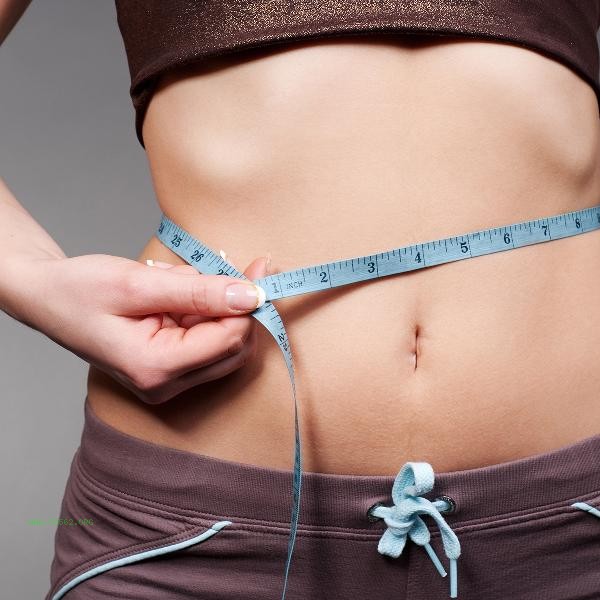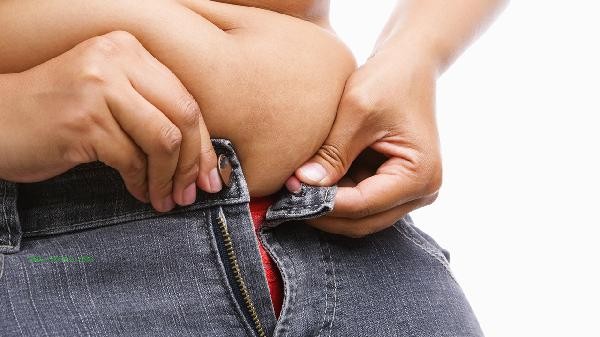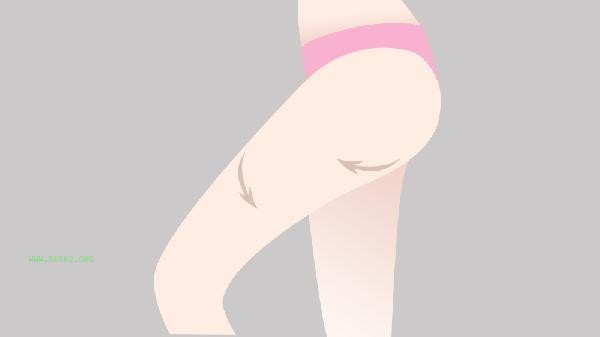After weight loss exercise, you can drink sports drinks in moderation, but it depends on the intensity and duration of the exercise. Sports drinks mainly contain electrolytes and sugar, which are suitable for supplementing energy and water after high-intensity or long-term exercise. It is recommended to prioritize plain water or sugar free electrolyte water after low-intensity exercise. Electrolytes such as sodium and potassium in sports drinks can help quickly restore fluid balance, prevent fatigue and muscle spasms caused by dehydration. Sugar can supplement the liver glycogen consumed during exercise, but after 30-60 minutes of low-intensity exercise, the body's demand for sugar is limited, and excessive intake may offset the weight loss effect. After high-intensity interval training or endurance exercise lasting over 90 minutes, it is more necessary to drink moderate amounts of sports drinks with a sugar content of 5-8%.

Exercise caution when choosing sports drinks in special circumstances. Patients with diabetes should choose the sugar free version to avoid blood sugar fluctuations. Individuals with renal dysfunction need to control their electrolyte intake. Some sports drinks contain stimulating ingredients such as caffeine, which may affect sleep or cause palpitations. If there is no excessive sweating after exercise, regular drinking water can meet the needs without the need for additional electrolyte supplementation. The hydration strategy after exercise during weight loss needs to be personalized and adjusted. It is recommended to record the duration, intensity, and sweat volume of exercise, and evaluate the rationality of beverage selection in combination with changes in body fat percentage. Daily homemade natural electrolyte water, such as lemon juice+a small amount of sea salt+coconut water, can avoid additives and control calories. Add 200-300 milliliters of liquid within half an hour of exercise, and then add about 500 milliliters per hour. Drinking small amounts multiple times is more conducive to absorption. Long term weight loss patients should establish a coordinated program of exercise and diet, including the calorie intake of beverages in their daily total intake, to avoid hidden sugar hindering the weight loss process.









Comments (0)
Leave a Comment
No comments yet
Be the first to share your thoughts!